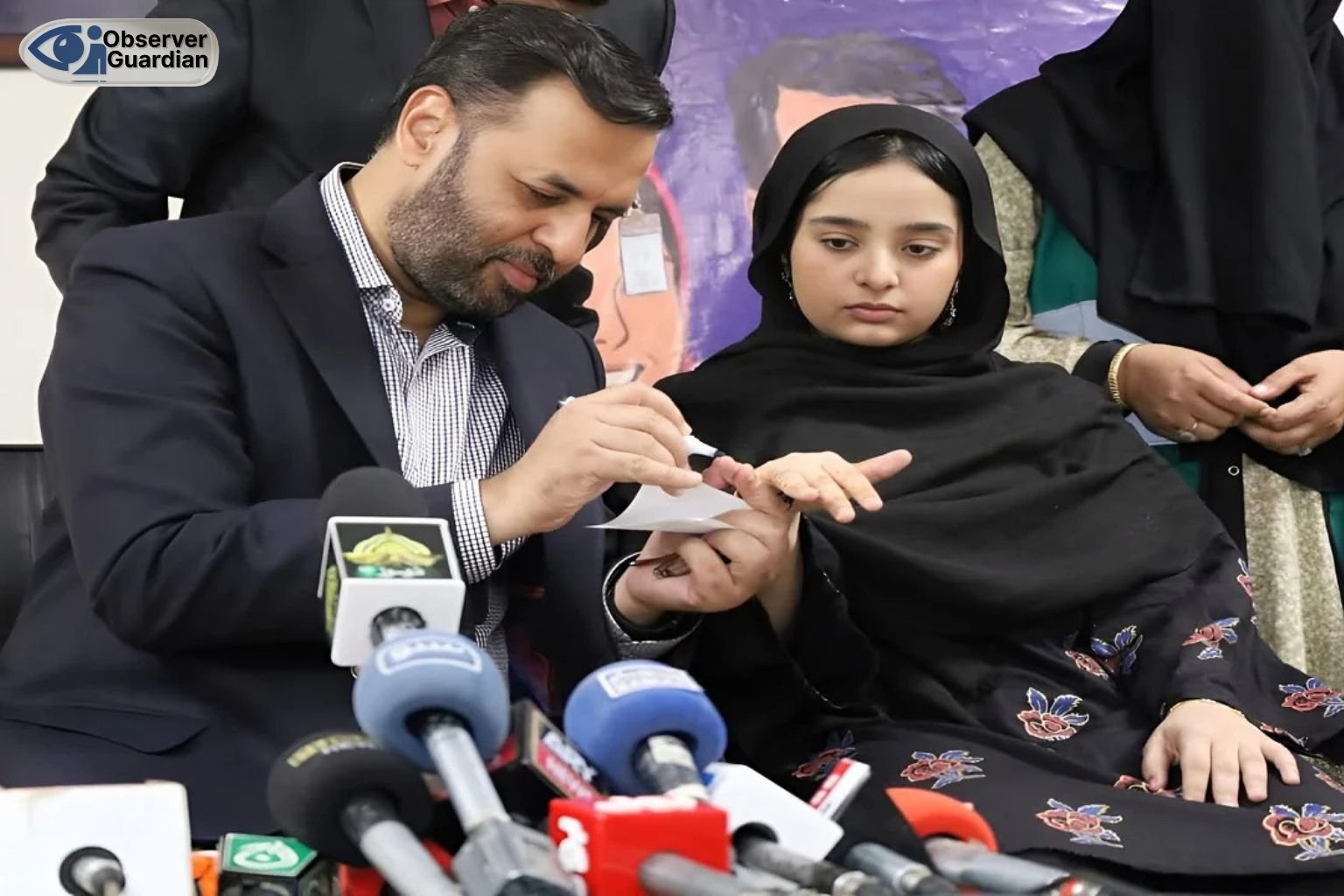Federal Health Minister Syed Mustafa Kamal recently had his daughter vaccinated with the HPV (Human Papillomavirus) vaccine in a public setting. He took this step to counter growing doubts and false rumours about the vaccine’s safety, particularly claims circulating on social media about possible side effects. The vaccination was carried out at the Drug Regulatory Authority of Pakistan office in Karachi. By making the act public, Kamal aimed to send a strong message that the vaccine is safe and that parents should confidently vaccinate their daughters.
At the same time, Kamal appealed to the public to move beyond misinformation. He stressed that prevention through vaccination is far more effective than treating disease after it develops. He highlighted that many Islamic countries have already included the HPV vaccine in their immunisation programmes. His action supports Pakistan’s broader campaign to vaccinate girls aged 9 to 14 and reduce cervical cancer risk through early immunisation.
Showing action over words
Kamal’s decision to vaccinate his daughter in front of cameras was intended to demonstrate commitment rather than merely offer reassurances. He acknowledged that involving his family was a personal decision but said it was necessary to build public trust. By sharing this moment, he hoped to convince hesitant parents that the vaccine is safe and essential.
Addressing misinformation about the HPV vaccine
Rumours have circulated claiming the vaccine causes serious side effects, including infertility. Kamal and health experts have rejected these claims as baseless and harmful. They emphasise that the vaccine is backed by scientific research and is already in use in many countries with proven safety records. Countering this misinformation is central to the success of Pakistan’s vaccination campaign.
Kartarpur Gurdwara reopens after flood to celebrate Baba Guru Nanak’s 486th Jyoti Jot
The nationwide vaccination campaign
Pakistan launched its HPV vaccination drive targeting girls between nine and fourteen years old in key provinces and regions. The goal is to reach millions of girls through schools and healthcare centres, eventually making the vaccine part of the national immunisation schedule.
The campaign faces challenges such as vaccine hesitancy and access in remote areas, but officials hope visible endorsements like Kamal’s will help overcome resistance.
Implications for public health
By publicly vaccinating his daughter, Kamal aims to break through fear and misinformation, encouraging parents to protect their children. Trust in health interventions often depends on credible role models, and his example could play a key role in boosting vaccination rates. Continued education, community engagement, and accessible healthcare services will determine how effective this campaign becomes.







